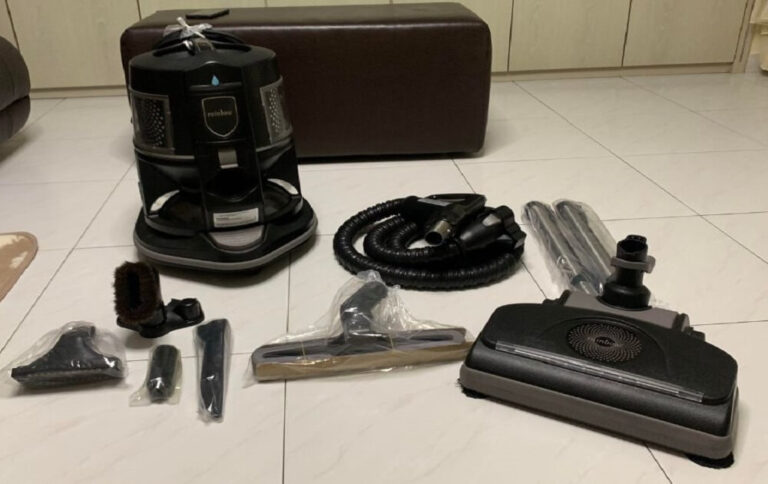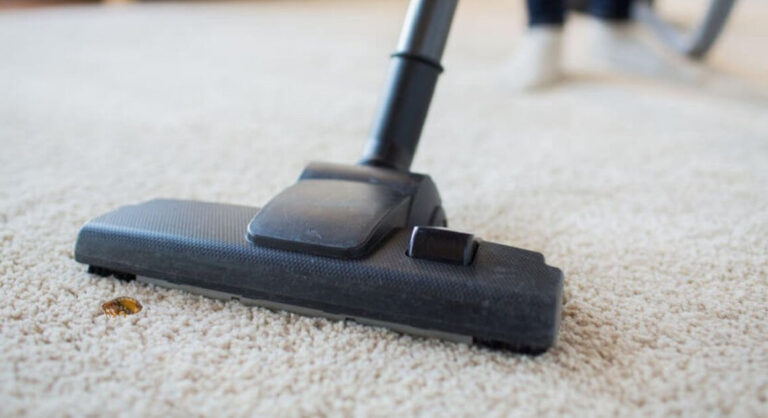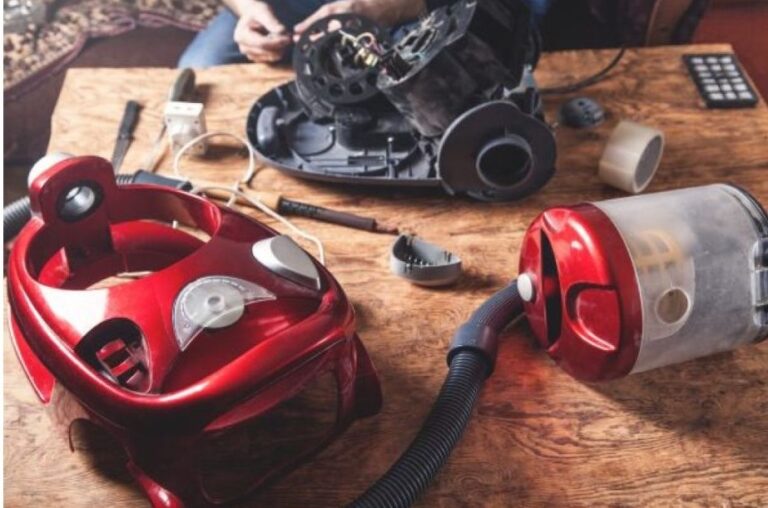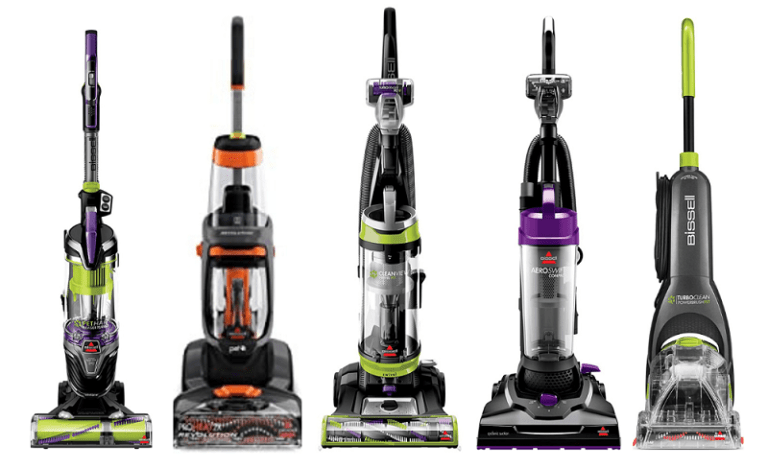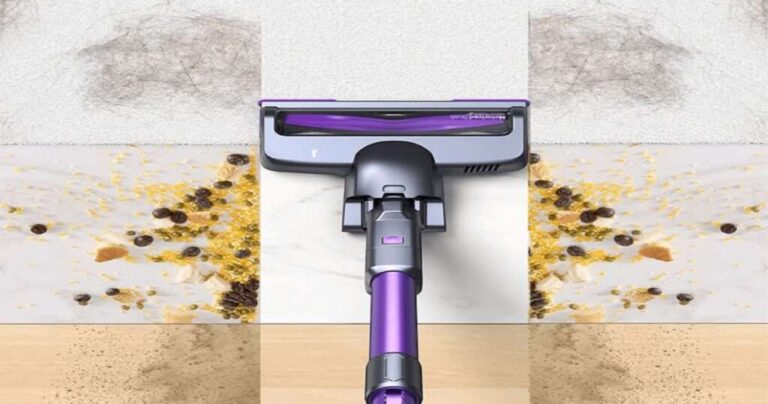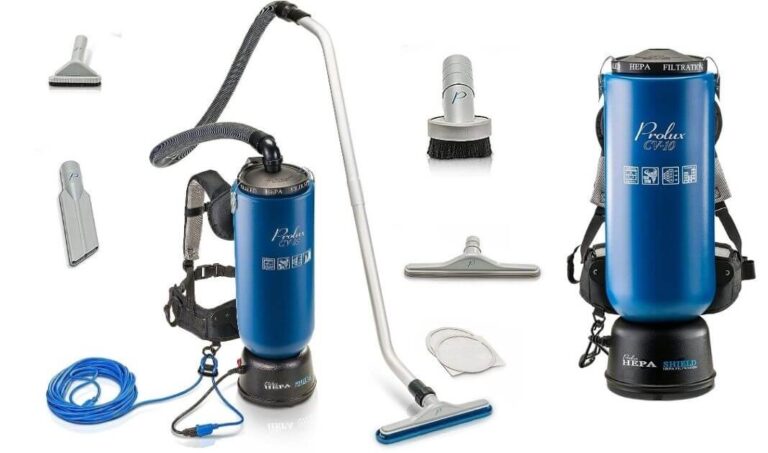Look for a vacuum cleaner with strong suction power. Higher wattage or amperage ratings generally indicate more powerful suction, but keep in mind that efficiency and design also play a role.
When it comes to choosing a vacuum cleaner, the suction pressure is an important factor to consider. the Suction pressure of a vacuum cleaner varies a lot. If you want to get the most out of your vacuum cleaner, it’s important to choose one with good suction pressure. This blog post will discuss what suction pressure is and how to choose the right vacuum cleaner for your needs.
What is suction pressure, and why is it important when choosing a vacuum cleaner?
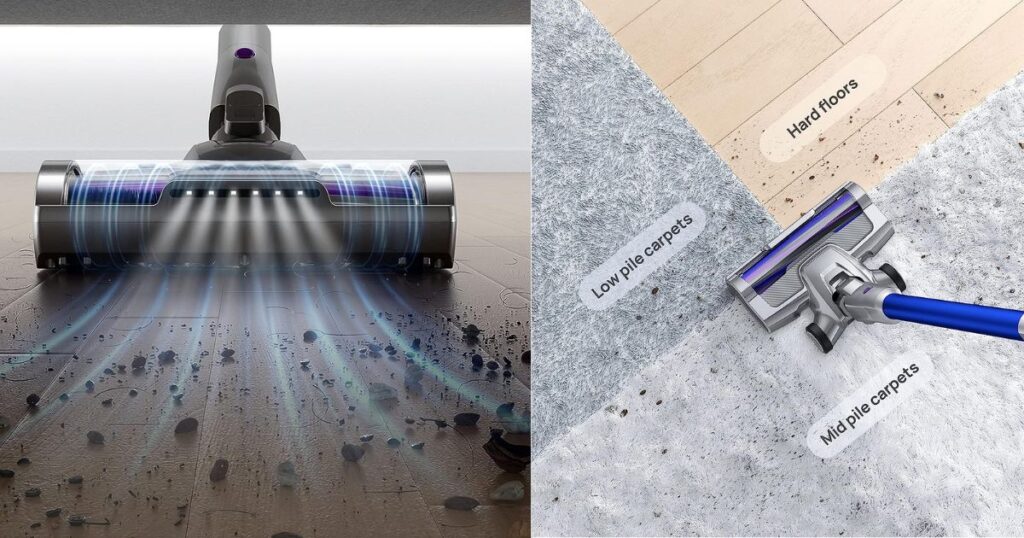
Suction power refers to the ability of a vacuum cleaner to draw in air and debris from the cleaning surface into the vacuum’s dustbin or bag. It is a measure of how effectively the vacuum can pick up dirt and debris from different types of flooring.
To understand the suction power of a vacuum cleaner, you can look for specifications like wattage, amperage, airflow (CFM), and water lift. Higher wattage or amperage ratings, along with higher CFM and water lift values, generally indicate stronger suction capabilities.
Suction pressure measures how much force a vacuum cleaner can apply to the surface it’s cleaning. The higher the suction pressure, the more dirt and debris the vacuum cleaner will remove from the surface.
Suction pressure is essential when choosing a vacuum cleaner because it determines how well the vacuum cleaner can clean surfaces. A vacuum cleaner with high suction pressure will be able to remove more dirt and debris from surfaces than a vacuum cleaner with low suction pressure.
Choosing the right vacuum cleaner: things to keep in mind
Consider the type of vacuum cleaner that suits your cleaning needs:
- Upright: Best for large carpeted areas and deep cleaning.
- Canister: Versatile, suitable for various surfaces, and easier to maneuver.
- Stick: Lightweight and ideal for quick cleanups on hard floors and light carpets.
- Robotic: Automated cleaners that can navigate and clean on their own.
- Handheld: Portable and great for spot cleaning and hard-to-reach places.
How do you calculate the suction pressure of a vacuum cleaner?
The suction pressure of a vacuum cleaner depends on two things: air velocity in meters per second and air density in kilograms per cubic meter. You can then use this equation to calculate the suction pressure in pascals:
suction pressure = (air velocity) x (density of air) / 1000
For example, if a vacuum cleaner has an air velocity of 100 meters per second and a density of air of 1.2 kilograms per cubic meter, its suction pressure would be 1200 pascals.
When choosing a vacuum cleaner with high suction pressure, what are some factors to consider?
There are a few factors to consider when choosing a vacuum cleaner with high suction power. The most important factor is the type of floor you have. To get all the dust and dirt off hardwood or tile, you’ll need a vacuum cleaner with strong suction. If you have a lot of carpets, you’ll want a vacuum with decent carpet-cleaning features, such as a rotating brush or beater bar.
You’ll also have to consider the vacuum cleaner’s weight, how loud it is, and if it has any special features, like a detachable hose and crevice tool.
How can you tell if a vacuum cleaner has high or low suction pressure?
It’s hard to answer this question definitively. Some factors that can affect a vacuum cleaner’s suction pressure include the type of vacuum cleaner, the age of the vacuum cleaner, and the condition of the vacuum cleaner’s filters. Additionally, the suction pressure of a vacuum cleaner may vary depending on the type of surface being cleaned.
Higher wattage or amperage ratings typically indicate more powerful suction. However, it’s essential to note that wattage alone is not the sole determinant of a vacuum’s performance. The overall design and efficiency of the vacuum also play a crucial role.
Airflow measures how much air the vacuum moves per minute, and CFM is a standard unit to express this measurement. Higher CFM values generally indicate better suction performance.
Before buying a vacuum cleaner, you can conduct a simple test by turning it on and placing your hand over the nozzle or hose attachment. If you feel strong suction, it likely has good suction power. Additionally, check for any air leaks in the hose or around the vacuum’s body, as leaks can diminish suction performance.
Water lift refers to the vacuum’s ability to lift water from a surface, and it is usually measured in inches of water. A vacuum with a higher water lift can indicate better suction power.
Remember that while suction power is essential, it’s not the only factor that determines a vacuum cleaner’s overall cleaning performance. The design, filtration system, brush roll, and other features all play a role in how effectively a vacuum can clean different types of dirt and debris. To find the best vacuum for your needs, consider a balance of suction power and other important features that suit your home and cleaning preferences.
How much suction power should a vacuum have?
It depends on what kind of vacuum cleaner you have. A standard upright vacuum can have suction power ranging from 20 to 80 pounds, whereas a canister vacuum can have suction power up to 300 pounds.
If you are using a stick vac, it will be somewhere between 20 and 60 pounds depending on its size.
There’s no exact answer because everyone’s needs are different and use a different machine. So, please take some time and figure out what kind of vacuum is best suited for your house’s flooring.
How do I know the suction power of a vacuum cleaner?
If you want to know the suction power of a vacuum cleaner, then you should use it on different surfaces. Some surfaces like wood, tile, and carpet will produce a lower suction power than others, like hardwood floors and linoleum. In order to improve the suction power, ensure the filter is as clean as possible since a clogged filter will reduce the power.
A number of factors determine suction power. They are:
The type of flooring being vacuumed. This includes hardwood, tile, linoleum, and carpet.
The weight of the vacuum cleaner itself. The heavier the vacuum is, the more air it will pick up as it moves across the floor. For example, an upright can pull in about 1-1/2 times its weight, a canister can pull in 3 times its importance, and a lightweight bagless vac will pull in 5 times its weight. Your vacuum cleaner’s motor (vacuum tube or cylinder).
The amount of airflow is measured in cubic feet per minute (CFM) and determines how much air your vacuum will move when turned on at full speed with the hose extended to maximum length.
Which vacuum has the most potent suction?
There are a lot of vacuums on the market. However, it is difficult to say which one has the most potent suction because different vacuums are available in the market.
Here are some tips on picking a vacuum:
The first thing that comes to my mind is how powerful the motor is on the vacuum cleaner. The motor should be strong enough to get rid of all dust and dirt from your carpet or upholstery but not so strong that it makes too much noise while cleaning. You should check if the machine has a bagless system or an emptying container where the dirt goes until it’s time to clean again.
In addition, most modern vacuums have a water tank where they store water and can also use this water to clean carpets when they are running low on power due to debris blocking their filter.
This saves them from having to stop and empty their filter bag every time they run out of power which helps prolong their battery life and keeps carpets clean by adding moisture back into them after cleaning.
In Conclusion:
There are different vacuum cleaner suction pressures, which might surprise you. A vacuum cleaner with the highest suction pressure is not necessarily the best choice if you have a small home or apartment. The water column is the unit of measurement for vacuum power.
The higher the number, the more powerful your vacuum cleaner’s suction power. The other important factors to consider when choosing a vacuum cleaner include the type of floors you want to clean and how often you plan on using it


